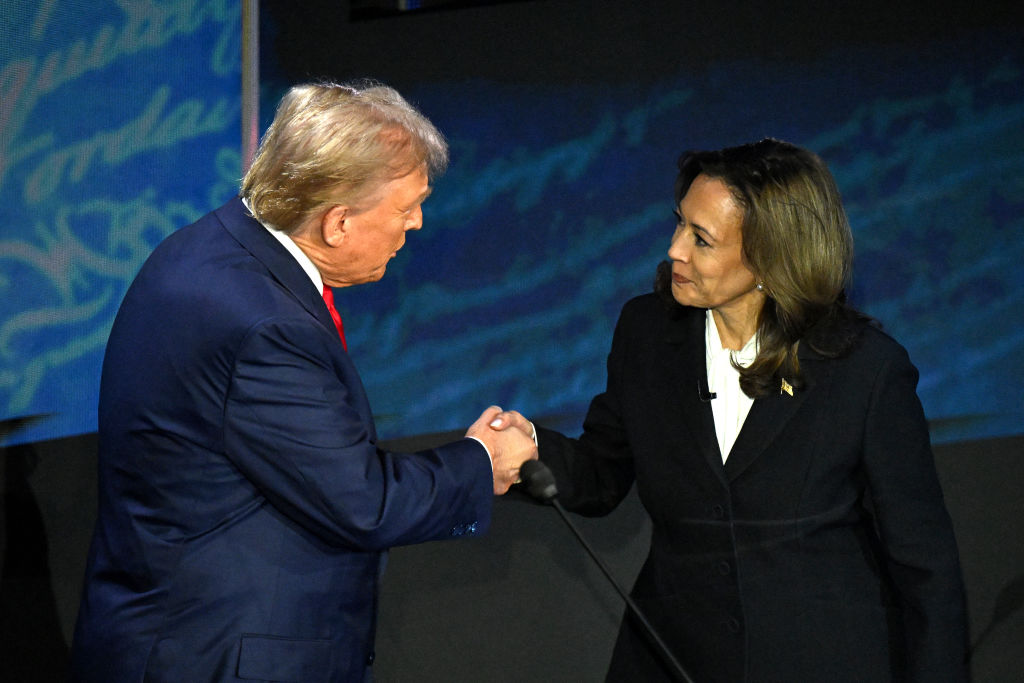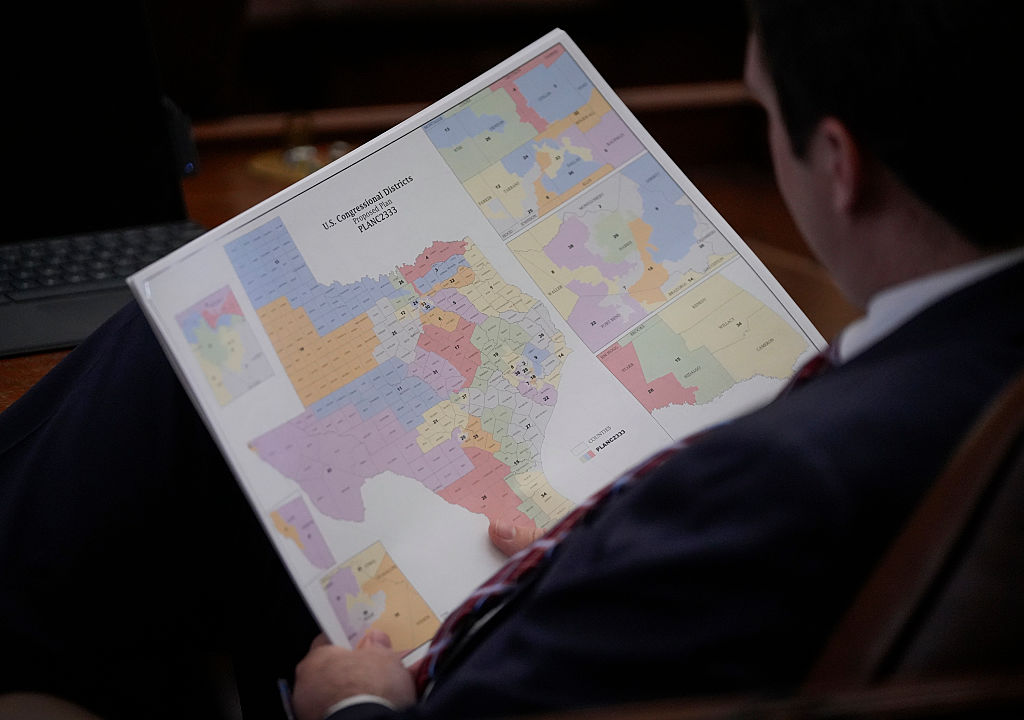Laramie, Wyoming
The Joy of Sex, by the appropriately named Alex Comfort, was a bestselling illustrated sex manual published in 1972 and released in a new edition in 2008. In 2024, anyone with sufficient imagination to describe and illustrate The Joy of Politics would beat out Elon Musk in the race to become the world’s first trillionaire.
Politics — like sex — has always been with us, but the conception of politics as “joy” began, you may argue, with the adoption of the “Ode to Joy” that concludes Beethoven’s Ninth Symphony by the European Union as its official anthem in 1985. After that year no one — in Europe, the United States or elsewhere — seems to have discovered much joy in the practice of politics until the Democratic convention officially nominated Kamala Harris as its presidential candidate on August 5, 2024, since which moment joy has been in the air more palpably even than sex is.
Readers of P.G. Wodehouse must be inevitably reminded of Rockmetteller “Rocky” Todd, the youthful poetic genius whose best-known verse begins, “Joy, joy, joy in the morning; joy, joy, joy in the evening!” That joy was beginning to fade perceptibly and had become to seem a trifle forced — as phony and shallow as La Harris herself — before Tuesday September 10, when the events at the National Constitution Center elevated it to the level of the sheerest ecstasy. Now, the joy that had previously been narrowly partisan expanded to become enthusiastically bipartisan — among the national political and economic elite, that is, though not among the deplorables below them, who remain visibly unimpressed by the Great Upset in Philadelphia. The reason for the discrepancy is, I suggest, that the political strategists whose job it is to fix elections and the journalists who cover them do not listen to debates and campaign speeches in the way that hoi polloi do. Put differently, they listen in the manner that the common reader reads Huckleberry Finn, as opposed to how Lionel Trilling read Mark Twain’s novel.
I myself thought that former President Trump gave a strong performance, “presidential” and composed though appropriately tough-sounding when necessary, while noting that he did pass up several opportunities to land a lethal blow, in particular the one provided by the vice president’s charge that he sabotaged the recent bipartisan immigration bill in order to keep the issue in play during the current election. Here was Trump’s chance to state the obvious: that the bill was not, in fact, an attempt to secure the border and reduce and regulate immigration but to establish it, legally rather than unofficially, as an open one. As for the exchange regarding the size of his crowds and the lost election, it was my impression that he responded to the deliberate provocations equably enough and moved on, rapidly and smoothly, without dwelling further on the issues.
So I was at first surprised, then appalled, and finally angered the next morning and the following one to read how Republican politicians and self-professedly (or maybe only supposedly) conservative commentators reviewed his performance. A journalist myself, I do not expect my colleagues to misrepresent, either to themselves or to their readers, the people and events they are covering in order to advance either them or their cause. Nevertheless, having read through much of the commentary on the debate — most notably in the Wall Street Journal — I was left wondering: can these people actually wish Trump to lose on November 5, and Harris to become president for the next four years? The answer, I conclude, is yes — and have her succeeded by the Cheneys and the rest of the shit elite that Trump satisfactorily dispatched by his victory against Hillary Clinton eight years ago.
I was confirmed in my opinion by Daniel McCarthy, editor of Modern Age and a columnist for this magazine, in an article printed in the American Conservative the day after the debate, which he described as having been “just as clarifying as the debate between Trump and Joe Biden. The first showed the race between Trump and a man incapable of carrying on a conversation. The debate in Philadelphia has shown the race to be between Trump and a woman who represents the worst elements of the Washington, DC establishment, including the worst of the Republican Party. This is an election that pits change, or at least disruption, against business as usual, and Harris, despite her slogans about moving forward, stands for the status quo. She is, of course, an extension of the incumbent administration — ‘She is Biden,’ as Trump said — but she also harks back to the bipartisan consensus in favor of endless war that prevailed until 2016. Harris boasts of being the Dick Cheney candidate for 2024.”
She now brags of having been endorsed by 200 Republicans who have worked with George W. Bush, Mitt Romney and John McCain, as well as by Dick and Liz Cheney — one of these people physically deceased, the others walking political corpses or retired ones. Does the Old Republican Establishment really believe that it can resurrect, reassemble, recreate itself and run — and win — again? The thing is a physical and political impossibility. It is a certainty, however, that a government headed and appointed by Kamala Harris would continue the erosion of what remains of the historical United States of America.
This article was originally published in The Spectator’s November 2024 World edition.


























Leave a Reply